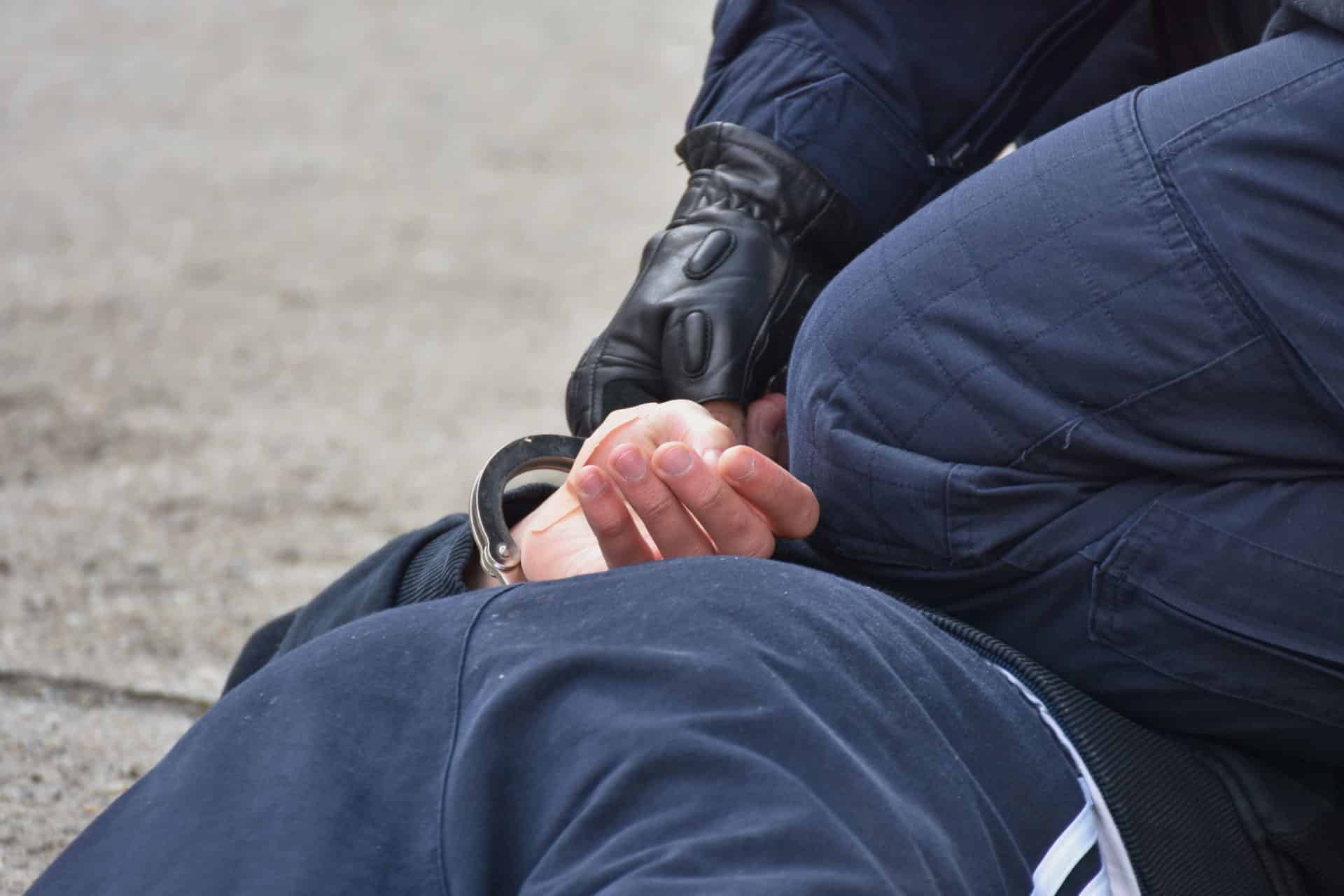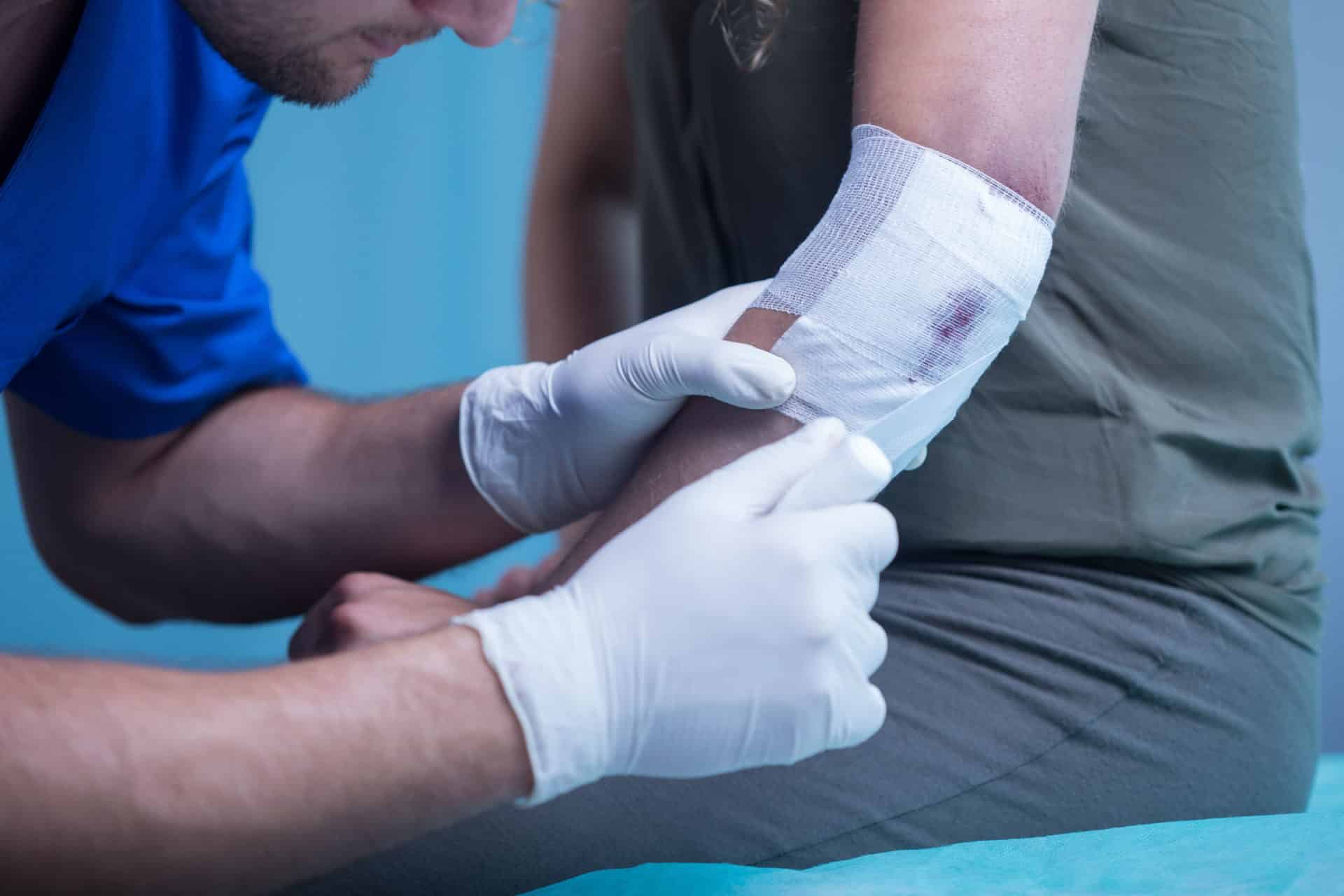
Police departments are under heightened scrutiny these days, and oftentimes, it’s for good reason. There have been instances of inappropriate shootings, sexual misconduct, excessive force, dishonesty, and more. We can probably all think of at least one case locally in which an unarmed individual was shot and killed.
Despite all of the bad publicity surrounding departments throughout the country, there is one department that takes the cake, and that’s the New York Police Department.
Recent reports have revealed years of misconduct and little oversight, resulting in millions of dollars lost and an unknown number of lives ruined.
NYPD Misconduct
In the 2017-2018 budget year, the NYPD spent a whopping $230 million in order to settle or pay off more than 6,000 lawsuits against the department. This was actually a decrease from the prior year, which topped more than $300 million.
Of that $230 million, $108 million was for police misconduct to include the use of excessive force and making false arrests. Although the department tried to dismiss many of the claims as being frivolous, the records seem to show the opposite.
It was also found that some officers had lied under oath or during an investigation. Others were found guilty of offenses such as ticket-fixing, firing their weapon inappropriately, or even driving under the influence. Many of them were still allowed to keep their jobs.
One egregious example of this is an officer who still wears the badge despite being accused of false arrest, assault, fabricating evidence, and using excessive force.
These instances occur both with patrol officers as well as detectives and other plain-clothes cops. Last year an off-duty undercover narcotics officer fatally shot and killed a man who was trying to break up an altercation between the officer and a neighbor. That officer never faced any discipline at all for his actions. It’s not hard to imagine why the public might be distrustful of the NYPD.
What Is Excessive Force under New York Law?
According to NYPD internal files, the amount of force to be used is subjective, and many factors must be taken into account.
These include the crime which the suspect was allegedly involved in, the number of suspects present in relation to the number of officers, the suspect’s violent history, whether the suspect poses a danger to officers or bystanders, and more.
According to this same internal memo, officers are to use the least amount of force possible every time and to engage in de-escalation techniques to the fullest extent possible. Reality tells us this directive is not always followed.

Excessive Force in Real-Time
Excessive force seems to be a common thread found throughout the NYPD. So what exactly does it mean and what does it look like?
Well, one example would be the recent video of multiple officers punching and kicking a man whom they were trying to arrest. Even after the man was on the ground, it appeared that officers, uniformed and plainclothes, continued to attack him.
Clearly, this amount of force is excessive. Police are only allowed to use exactly the amount of force needed to apprehend or arrest an individual, and nothing more. This could mean a grab of the shoulder or arm, but certainly not a punch to the face.
Additionally, striking a suspect while he is restrained or using a chokehold or similar type of restraint would both be considered excessive. Any time an officer uses pepper spray or another weapon as a form of punishment, that is also considered excessive, even by NYPD standards.
In NY, Damages Can be Collected
As can be seen from the various stories shared above, the NYPD can be sued and definitely does get sued for excessive use of force, as well as other misconduct.
While you can file a complaint with the department against an officer, that path is unlikely to take you anywhere or result in any discipline, as the records show.
If you believe that you have been mistreated by the police, then your best bet is to file a civil lawsuit to hold them accountable. Civil suits can be filed against an individual officer, their superior(s), or the department as a whole.

You may be able to sue for pain and suffering, lost wages, punitive damages, and more. You should also be able to have all attorney’s fees paid for if you have a solid case and the department chooses to settle with you.
Fortunately, there is a movement to change the police culture of abuse and cover-up. One can hope that this movement will grow in New York and hold the police department accountable before its officers can hurt any more innocent civilians.









